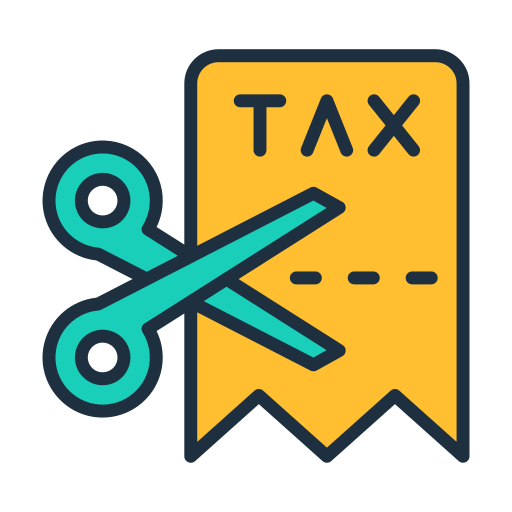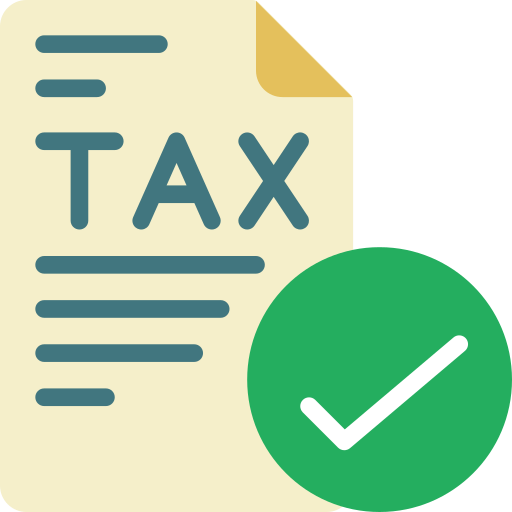An Employee Stock Ownership Plan (ESOP) allows startups to reward employees with company shares, turning them into stakeholders.
This motivates employees, improves retention, and helps startups attract top talent without immediate cash expenses.
Explore the advantages of ESOPs for employee ownership, tax benefits, and business expansion

Foster a sense of ownership, improving loyalty and reducing turnover.

Reward employees with equity instead of higher salaries by startups.

Offer lower capital gains tax instead of income tax on shares.

Equity incentives push employees to achieve company goals, driving productivity.

Offers a competitive compensation package without an immediate cash outflow.

Higher retention and engagement improve business value
Create a successful ESOP plan for your startup in 5 simple steps

Connect ESOP Experts

Determine Eligibility & Allocation

Prepare Legal Documents

Implement Vesting Schedules

Monitor And Adjust the Plan
Choose the best employee stock options to drive growth, engagement, and success.
| Plan Type | Description | Ownership | Key Feature |
|---|---|---|---|
| ESOS (Employee Stock Option Scheme) | Buy shares at a future discount | ✅ Potential | Discounted shares for future growth. |
| ESPP (Employee Stock Purchase Plan) | Purchase stock at a discount | ✅ Potential | Payroll deductions for discounted shares. |
| SARs (Stock Appreciation Rights) | Gain from stock increase w/o ownership | ❌ None | Profit from stock rise, no ownership. |
| RSA (Restricted Stock Award) | Get shares with restrictions | ✅ Ownership | Direct stock with vesting conditions. |
| RSUs (Restricted Stock Units) | Stock units convert to shares | ✅ Ownership | Shares granted after conditions met. |
| Phantom Shares | Simulated shares, paid in cash or stock | ❌ None | Cash/stock reward based on stock rise. |
Essential paperwork for your ESOP journey

Secure your ESOP plan by following all necessary legal compliance steps
All-in-One ESOP support: From setup to management
Leverage our knowledge to build strong employment contracts for your business!
10+ years of experience with 80+ experts guiding you every step of the way.
All-inclusive pricing with no hidden fees.
Create and implement your ESOP plan with ease, ensuring compliance and growth.
From documents to compliance, we handle it all.
Join a large community of successful businesses.
We’ve helped startups grow into billion-dollar businesses.
Discover why businesses love working with Startup Movers!

Really happy with the professional way in which the work has been done (y). Worked with other CA’s previously, Startup movers were the best one- whom we worked with

Excellent service at affordable prices. They are very punctual and work really hard to get the job done.

These guys are really good particularly their secretarial part. Very professional very prompt.

Excellent!!…. Excellent!..
Startup Movers helped us with our
company incorporation & re-correction was done quickly and everything that goes with it has done
good.

The best part about working with StartUp Movers is that they understand the DNA of a startup very well, and are flexible in their approach. This makes them very compatible partners for any start-up.

I have had great experience with Shivani. Right now the only structured department in my organisation is Finance, grateful to the team of startup movers.

These guys are very professional and perfect in their areas of expertise. They know their customers’ pain point very well. From company registration to compliances, they have delivered the best. For an early stage startup, these guys act as a “Virtual CFO”.

Working with the Startup Movers team has been extremely great in all aspects. These guys are the best at the best affordable prices in the market.

We wanted to setup employee benefit plans such as ESOP for our startup and startup movers team were the perfect fit to do those policy drafting and helping with the correct statutory filing. They have framed the policy as a perfect fit for our requirement and in very timely manner.

Since the start of my entrepreneurship journey, Start-up Movers have been managing our Secretarial Compliance (including fundraising compliances), and financial compliance (such as GST, TDS, PF/ ESI, PT) The team has been phenomenal. They are well-versed with all MCA rules and regulations.
Need answers? Browse our FAQs for quick guidance!
ESOP taxation for startups involves two key stages: first, employees are taxed on the difference between the exercise price and the market price when they exercise the option, and second, capital gains tax is applicable when they sell the shares.
Understanding this taxation structure is crucial for both startups and employees to manage tax liabilities effectively.
The ESOP percentage of salary is typically determined based on factors like employee seniority and the company’s funding stage.
Generally, startups offer around 1-5% equity as part of compensation, allowing them to retain talent while managing equity dilution.
Valuation is crucial in determining the exercise price of the options and the company’s market value.
A professional valuation ensures that employees are granted stock options at a fair market value, which aligns with regulatory requirements and tax laws.
The 10-year rule refers to the maximum duration a startup can grant stock options to its founders or promoters, typically after the first decade of the company’s existence.
This ensures that ESOPs are used to incentivize employees rather than the founders after a certain point. Click here for government notification.
ESOPs cannot be issued to certain individuals under specific conditions:
However, these restrictions do not apply to startup companies for the first 10 years from the date of their incorporation, allowing them more flexibility in offering ESOPs to employees, directors, and promoters.
A 1% equity stake in a startup can be quite valuable, especially for early-stage employees, as it provides potential for significant wealth growth if the company succeeds.
It also acts as a strong retention tool, aligning employee incentives with the long-term success of the company.

